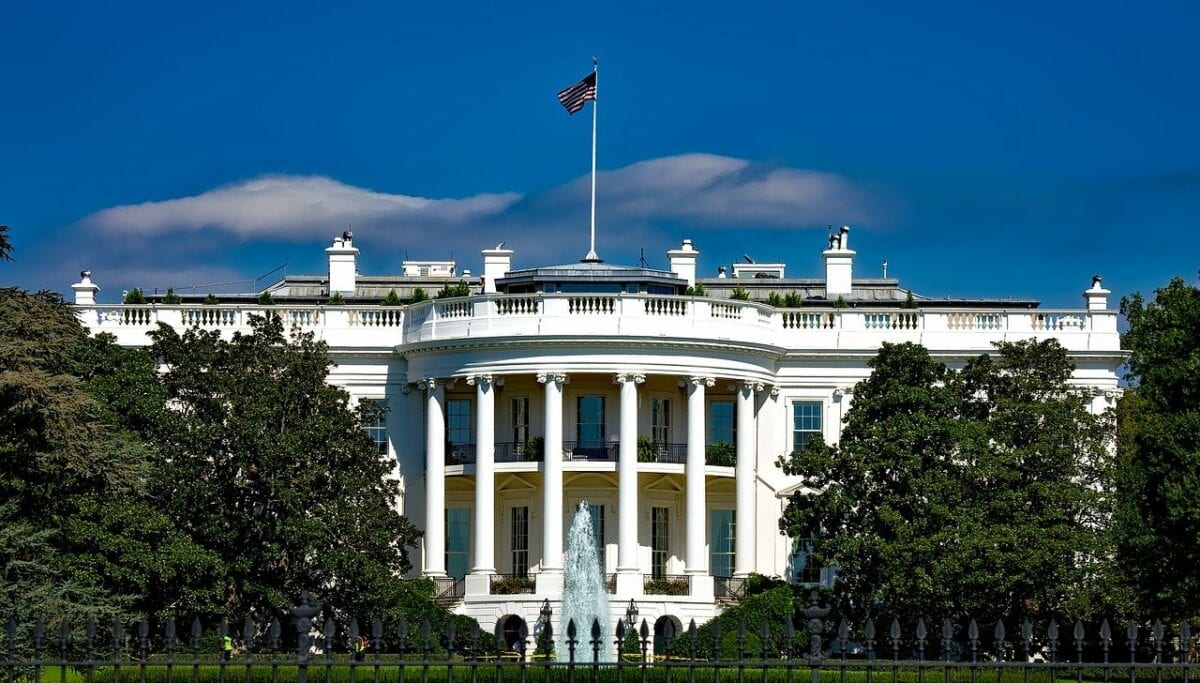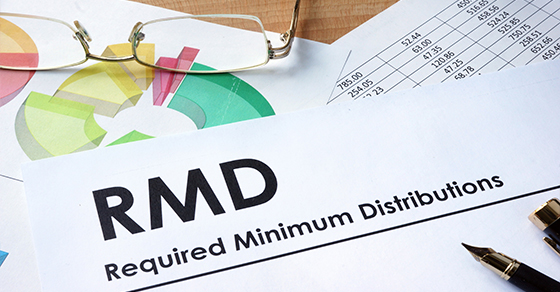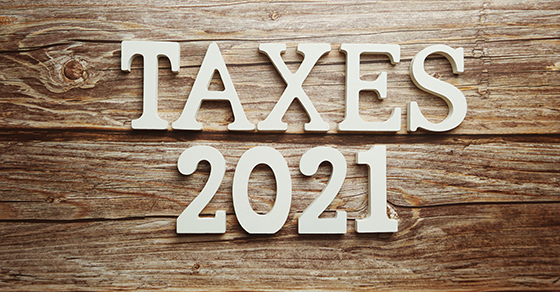What you need to know now about the Employee Retention Credit


What you need to know now about the Employee Retention Credit

Since March 2020, many small business owners and their advisors have been focused primarily on Paycheck Protection Program Loans (PPP), PPP forgiveness, and Employee Retention Tax Credits (ERTC). That focus certainly has made sense; however, as you wrap up your PPP forgiveness and ERTC calculations, this is a brief reminder not to forget about the research and development (R&D) tax credit.

President Biden recently announced his $1.8 trillion American Families Plan (AFP), the third step in his Build Back Better policy initiative. The announcement followed the previous releases of the proposed $2.3 trillion American Jobs Plan and the Made in America Tax Plan. These plans propose major investments in various domestic initiatives, such as expanded tax credits for families, offset with tax increases on high-income individual taxpayers and corporations.

The COVID-19 pandemic has affected various industries in very different ways. In response, the Small Business Administration (SBA) has launched the Restaurant Revitalization Fund (RRF). It was established under the American Rescue Plan Act (ARPA) signed into law in March. The RRF went live for applications on May 3, and the SBA is strongly urging interested, eligible businesses to apply as soon as possible.

President Biden’s proposals for individual taxpayers were outlined in an April 28 address to Congress and in an 18-page fact sheet released by the White House. The “American Families Plan” contains tax breaks for low- and middle-income taxpayers and tax increases on those “making over $400,000 per year.”

The IRS has announced that the federal income tax filing deadline for individuals for the 2020 tax year is extended from April 15, 2021, until Monday, May 17, 2021. The IRS extended the deadline to provide relief to taxpayers facing challenges as a result of the pandemic and because it’s grappling with a rising backlog of 24 million unprocessed returns. As part of its announcement, the IRS stated it would soon be issuing additional guidance about the deadline extension.

Many businesses have retained employees during the COVID-19 pandemic and enjoyed tax relief with the help of the employee retention credit (ERC). The recent signing of the American Rescue Plan Act (ARPA) brings good news: the ERC has been extended yet again.

On March 11, 2021, President Biden signed into law the American Rescue Plan Act (ARPA). The $1.9 trillion law is intended to provide far-reaching relief from the economic and other repercussions of the ongoing COVID-19 pandemic. In addition to funding for testing, contact tracing, vaccinations, education, and state and local governments, the ARPA includes extensive relief that could directly impact your finances.

It has been almost two years since the United States Supreme Court ruled 5-4 in South Dakota vs. Wayfair that states can require the collection and remission of sales tax without physical presence nexus. If you and your business have not yet educated yourself on the new requirements, now is a good time to do so.

A tax pendulum swings. It swings right and taxes may be cut, and then it swings left and taxes may rise. Meanwhile, taxpayers, accountants and tax counsel try to interpret what might be the outcome. The recent election swung the pendulum to the left, which will likely increase taxes.

If you have a traditional IRA or tax-deferred retirement plan account, you probably know that you must take required minimum distributions (RMDs) when you reach a certain age — or you’ll be penalized. The CARES Act, which passed last March, allowed people to skip taking these withdrawals in 2020 but now that we’re in 2021, RMDs must be taken again.

The IRS announced it is opening the 2020 individual income tax return filing season on February 12. (This is later than in past years because of a new law that was enacted late in December.) Even if you typically don’t file until much closer to the April 15 deadline (or you file for an extension), consider filing earlier this year. Why? You can potentially protect yourself from tax identity theft — and there may be other benefits, too.

Attending college is one of the biggest investments that parents and students ever make. If you or your child (or grandchild) attends (or plans to attend) an institution of higher learning, you may be eligible for tax breaks to help foot the bill. The Consolidated Appropriations Act, which was enacted recently, made some changes to the tax breaks. Here’s a rundown of what has changed.

To help you make sure you don’t miss any important 2021 deadlines, we’ve provided this summary of when various tax-related forms, payments and other actions are due. Please review the calendar and let us know if you have any questions about the deadlines or would like assistance in meeting them.

Cost segregation is a tax savings strategy that allows owners of commercial real estate to achieve significant cash flow savings by accelerating depreciation deductions and deferring federal and state tax obligations. This tool is extremely useful for entities that purchased, expanded, or remodeled real estate that is used in a trade or business.